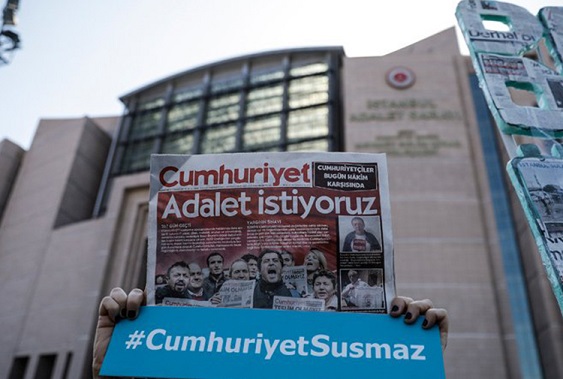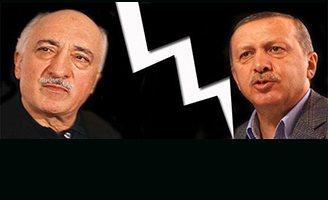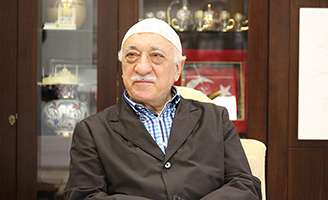Sounds, Silences and Turkey's Crumbling Core
By Gareth Jenkins
September 19, 2017
Since the failed coup of July 2016, Turkey’s spiralling descent ever deeper into authoritarianism has been characterized by arbitrary arrests and widespread abuses of even the draconian powers afforded the regime under the continuing State of Emergency. In addition, the government’s domination of the media has meant that, for the mass of the Turkish public, the reality of what is happening in the country is submerged beneath a cacophony of distortions, delusions, untruths and febrile conspiracy theories.

The Coalition Crumbles: Erdogan, the Gülenists, and Turkish Democracy
By Halil M. Karaveli (vol. 5, no. 4 of the Turkey Analyst)
The authority of Prime Minister Recep Tayyip Erdoğan has been challenged by the security apparatus, the police and parts of the judiciary that enjoy the backing of the brotherhood of the Islamic preacher Fethullah Gülen. The unprecedented challenge compels Erdoğan to circumscribe the power of his erstwhile ally, which thrives with the application of oppressive security measures. Whether Erdoğan will now see the strong incentive to seek a democratic, negotiated solution to the Kurdish issue, or continue to concentrate power in his own hands, remains to be seen.

The Gülenists Have Lost the Battle over the State
By M. K. Kaya (vol. 8, no. 9 of the Turkey Analyst)
The Gülenists have lost the battle over the control of the state. Most damningly for them, they have been exposed as ruthless power grabbers. It has been of critical importance for the AKP government in its fight against the Gülenists that other groups within the judiciary have rallied to it. The lessons that the present Turkish government has had to learn the hard way are not going to be lost on future governments. One can assume that they are going to be very careful not to offer the Gülenists any leeway.

What the Columnists Say
Ali Bayramoğlu in Yeni Şafak writes that AKP’s otherwise legitimate struggle against the Gülen fraternity will remain flawed from a democratic perspective until the party acknowledges its own responsibility for the acts of the “cemaat” when the two were still allies. Fatih Yaşlı in Yurt writes that Turkish intellectual and political life suffers from a predilection for what he calls “easy opposition” that does not question who one is allied with as long as the cause is deemed to be good, which today blinds the opponents of AKP to the responsibility of the Gülenists in bringing about the present authoritarian rule. Murat Yetkin in Radikal writes that the talk in political circles is that AKP is preparing for a coalition with MHP after the general election in June. Orhan Bursalı in Cumhuriyet writes that Erdoğan is distancing himself from the Kurds, and is instead teaming up with the military. Umut Özkırımlı on the news site Diken writes that AKP’s, and generally the Islamists’ lasting legacy is a generalized hatred that has become a permanent, defining feature of Turkey’s society.

What the Columnists Say
On the 8th anniversary of the assassination of Armenian-Turkish editor Hrant Dink, Rober Koptaş in Agos noted that the AKP government has recently started to emphasize that police officers close to the Gülenist fraternity were implicated in the 2007 assassination. Aydın Engin in Cumhuriyet called on the opponents of the AKP regime not to put any faith in dissensions within the governing party leading to the fall of the regime. Kadri Gürsel in Milliyet similarly wrote that Prime Minister Ahmet Davutoğlu is never going to put up a fight against President Recep Tayyip Erdoğan.







